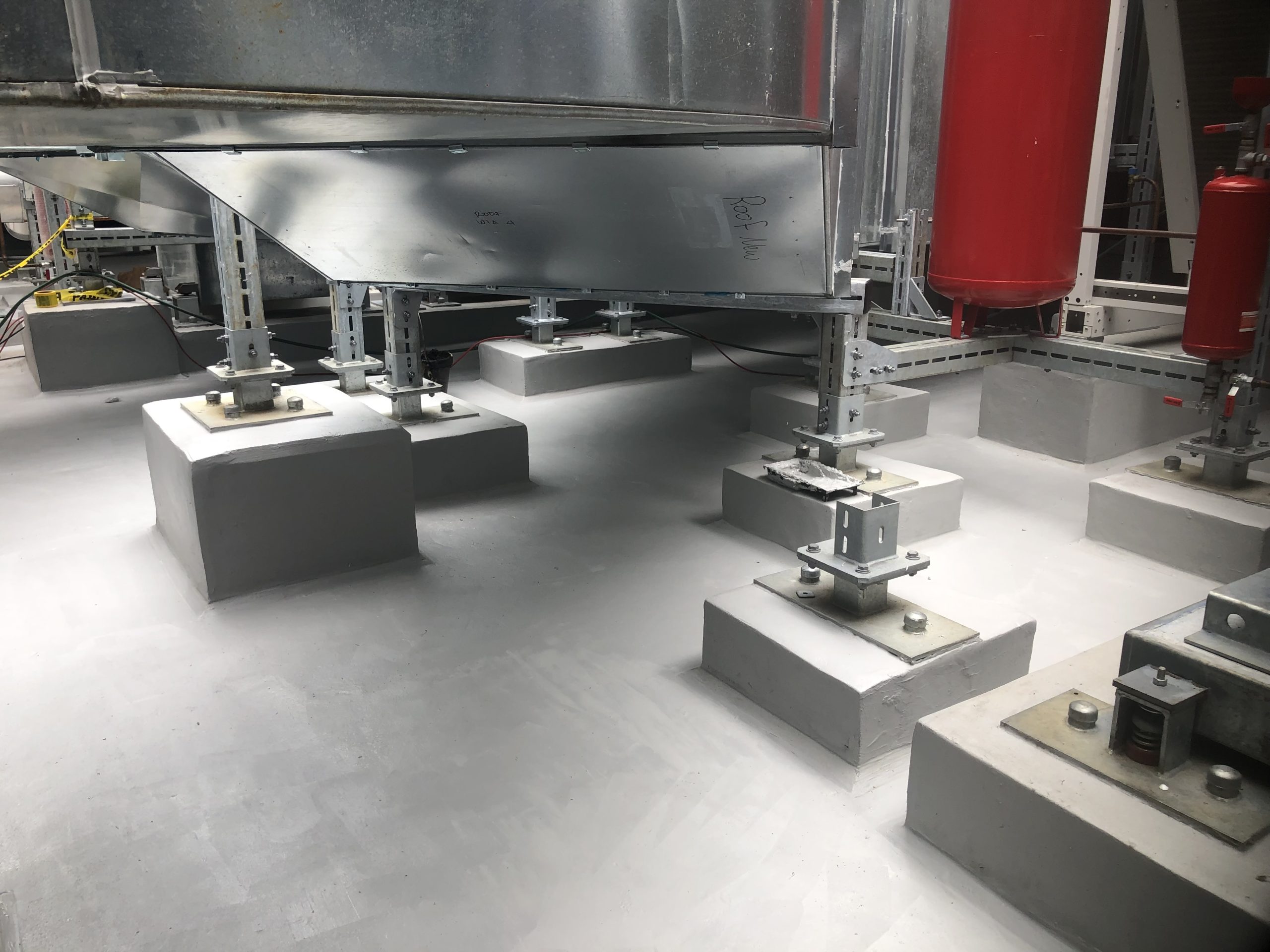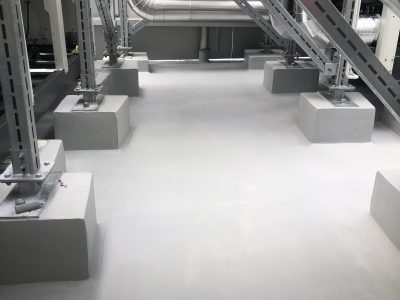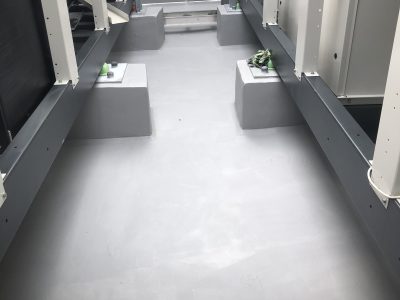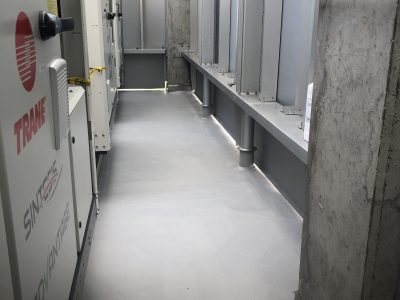
Why Choose Mastic Asphalt for Waterproofing Plant Rooms?
Neuchâtel Mastic Asphalt Waterproofing for Plant Rooms
Neuchâtel Mastic Asphalt waterproofing is essential for safeguarding plant rooms, which house large mechanical, electrical, and plumbing systems. Protecting these critical areas from water damage is vital for maintaining equipment integrity and the overall functionality of the building. Mastic asphalt is the ideal choice for waterproofing plant rooms due to its numerous benefits that cater to high-demand environments.
Superior Durability
One of the standout features of Neuchâtel Mastic Asphalt is its exceptional durability. Unlike lightweight sheet membranes, which are only a few millimeters thick and not built to withstand heavy traffic, mastic asphalt typically measures 20mm thick, creating a tough, impervious layer. This robust material is perfect for plant rooms that endure frequent foot traffic, machinery vibrations, and temperature fluctuations. Once applied, it forms a seamless, monolithic membrane that can last for decades, providing a reliable long-term solution.
Waterproofing Performance
The waterproofing performance of Neuchâtel Mastic Asphalt is another key advantage. This material creates a continuous barrier without laps or joints, eliminating weak points where water could infiltrate. Given that plant rooms are often exposed to high moisture levels, this characteristic is crucial. Additionally, mastic asphalt is resistant to water, chemical spills, and physical damage, safeguarding vital equipment from corrosion and electrical issues.
Adaptability and Maintenance
Mastic asphalt’s adaptability makes it suitable for the complex layouts often found in plant rooms. It can be easily applied around pipes, vents, and other obstacles, ensuring a uniform, waterproof seal. If the membrane sustains damage, it can be effortlessly patched or repaired due to its hot-applied nature. The seamless surface of mastic asphalt reduces trip hazards, enhancing safety.
For over 30 years, industry leaders have trusted Neuchâtel Mastic Asphalt for their waterproofing projects across New Zealand. The combination of strength, durability, and ease of maintenance has set the benchmark for quality in plant room waterproofing.
In conclusion, if you’re seeking a robust and reliable waterproofing solution for your plant room, Neuchâtel Mastic Asphalt offers unparalleled performance that ensures the protection of your infrastructure for years to come.
To learn more about how Neuchâtel Mastic Asphalt can enhance your projects, check out our page on Neuchâtel Mastic Asphalt Waterproofing. For additional information, visit IKO.


